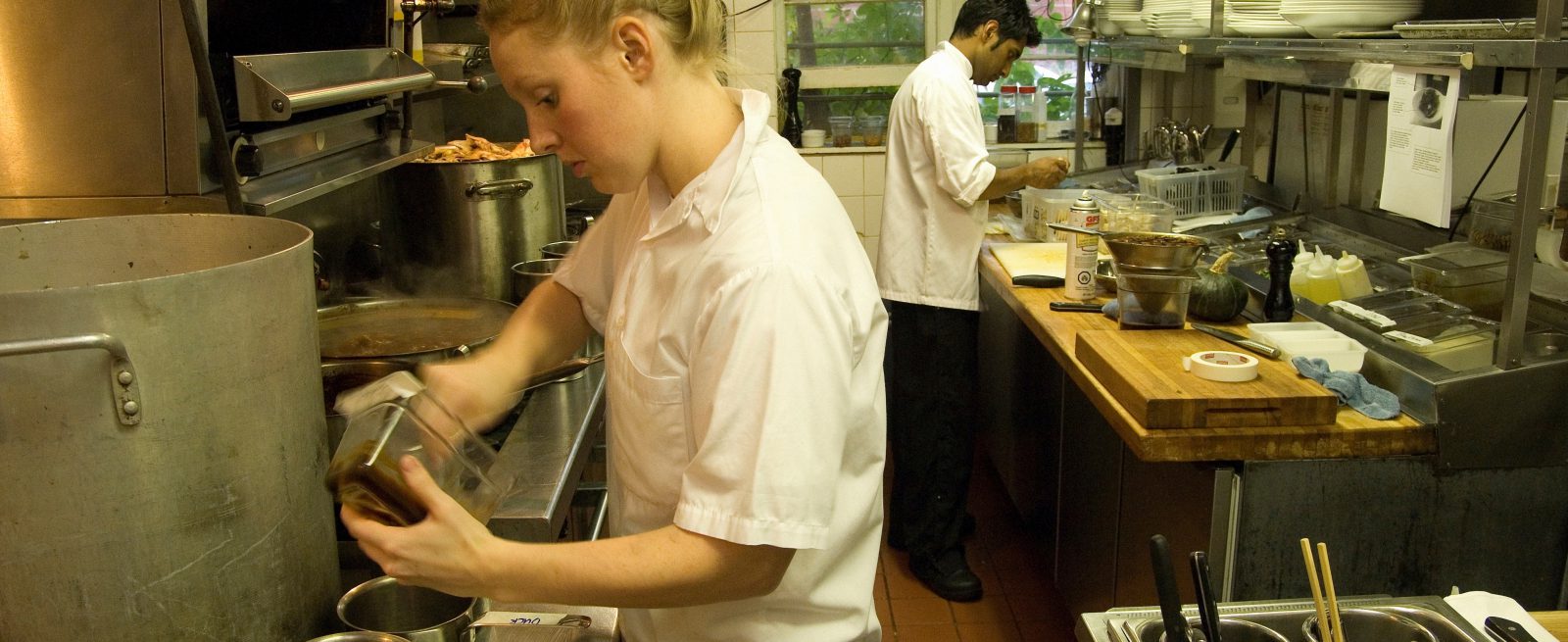Maximize Your Relationship with Your Purveyors
2 Min Read By Natalie Fauble
In the last five years there’s been a lot of buzz about farm-to-table, also known as farm-to-fork. In short, this movement focuses on producing and serving food locally, with a big emphasis on organic farming, sustainable agriculture and community-supported agriculture. The importance of “shop local” has been a trend highlighted more recently due to the public backlash against genetically modified organisms (GMOs), and growing concerns over food safety, freshness, seasonality and more. Despite the political and marketing agendas that might overshadow the farm-to-table movement, one thing remains true—working with local purveyors is about developing a good relationship.
Some might tell you that the supplier relationship is all about bargaining power.
I’m not one of those.
Sure, the dollars and cents are what dictates whether you’ll be in business five years or even five weeks. And of course you should have a shortlist featuring payment terms, price, delivery scheduling and transport. But remember, negotiations dictate the tone of your relationship—squeeze the price too low from your purveyor and you might think you’ve won…that is, of course, when costs are cut elsewhere such as delivery service.
So what should you do?
Working with local purveyors is about developing a good relationship
Similar to the principles of “Scratch my back and I’ll scratch yours,” developing a good relationship with your suppliers (both your restaurant supplier and purveyors) is about creating something mutually beneficial where both parties win. Let’s make this black and white: your purveyor has meat he wants to sell you, and you want to buy it (but at the right price). But remember, your purveyor has meat that he sells to a lot of people; what if another one of his clients backs out of an order last minute? If you’re on good terms with your purveyor, he might give you a discount just to take that meat off his hands. Specials, anyone?
If you’re participating in something like Restaurant Week, you can anticipate a higher than normal volume. The sooner you loop your purveyor into your plans, the easier it is to anticipate and deliver the amount of product you’ll need to run a successful service. But remember, increased quantity might not automatically mean lowered costs for you, however the hope is that your anticipated higher client volume will offset that expense.
Finally, just like you, your purveyors have passion and take pride in what they do. Create a close relationship with them, and they’ll repay you with the first harvest of beautiful spring tendrils. Beautiful, quality ingredients is what makes you passionate about your craft. Don’t miss out on these fruitful opportunities because the dollars and cents were the only thing on your mind—love what you do, and share that passion with your purveyors.


